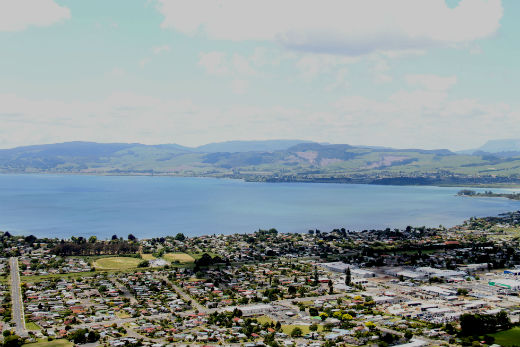Bay of Plenty Regional Council are calling for submissions for the proposed Lake Rotorua Nutrient Management rules.
The rules are a proposed plan change to the Regional Water and Land Plan, and are one of four components of the integrated framework delivered by the Rotorua Te Arawa Lakes Programme aimed at improving the water quality in Lake Rotorua.
The proposed rules aim to reduce nitrogen loss on land entering the lake. They have been developed with input from Rotorua Lakes Council and Te Arawa Lakes Trust, stakeholders, technical and science experts, and the community through feedback received at public meetings, hui, information sessions.
Bay of Plenty Regional Council chairman Doug Leeder says the submission period provides the opportunity for anyone to submit formal feedback on the proposed rules. Submissions close on Friday, April 15.
'The proposed rules have been under informal consultation for the past two and a half years, signalling a greater focus on engagement and collaboration between the community and regional council.
'The current proposed rules have been put together from almost 100 research and information reports from staff and independent subject matter experts, community representation groups and engagement, but are by no means final – there is still time for the community to continue to have their say.”
Other components of the integrated framework include engineering initiatives like the Zeolite filter trial at Tikitere, sewerage reticulation, voluntary land use changes and voluntary conversion of gorse.
Deed funding of $72 million has been allocated to protect water quality of the four priority lakes under the programme, and this includes $5.5m to support landowners in the Rotorua Catchment through a Land Use Advice and Support service ($2.2m) and a fund for investigating alternative land uses ($3.3m).
'Significant work has been undertaken in recent years and great progress has been made, all with the focus on striking a balance between the environment, the economy and the needs and desires of our local communities.
"These aspects are inextricably linked and the approach developed aims to achieve sustainable outcomes for everyone involved, including landowners and the wider economy.” says Doug.



0 comments
Leave a Comment
You must be logged in to make a comment.